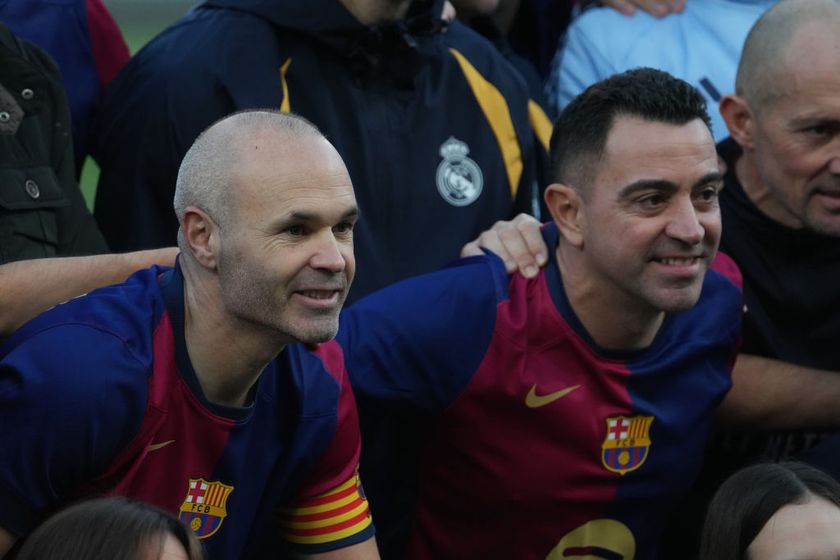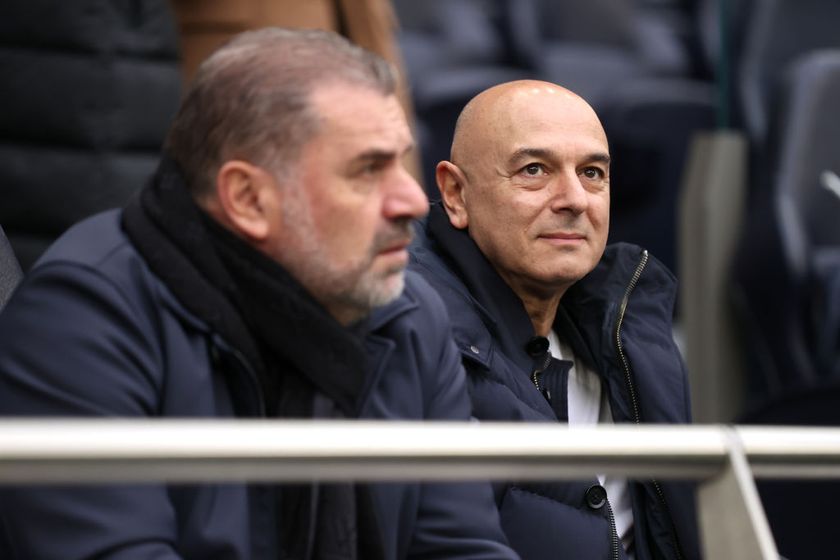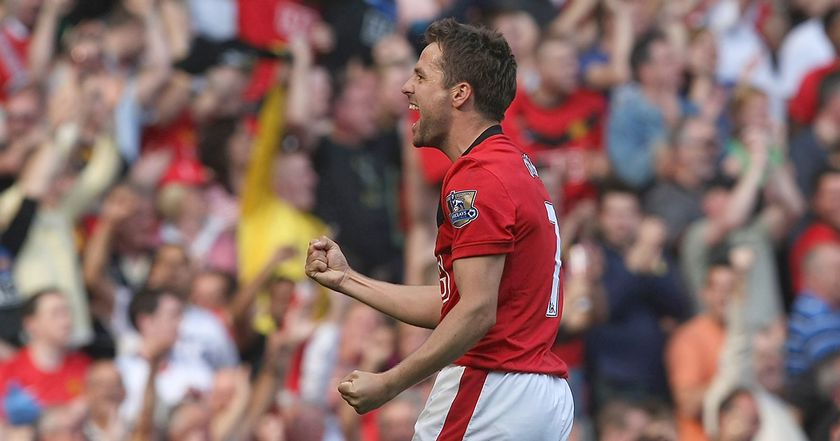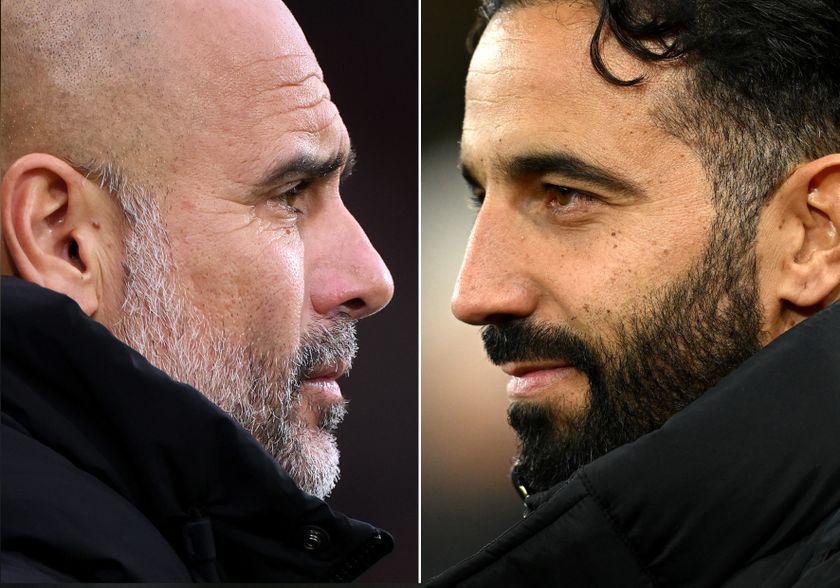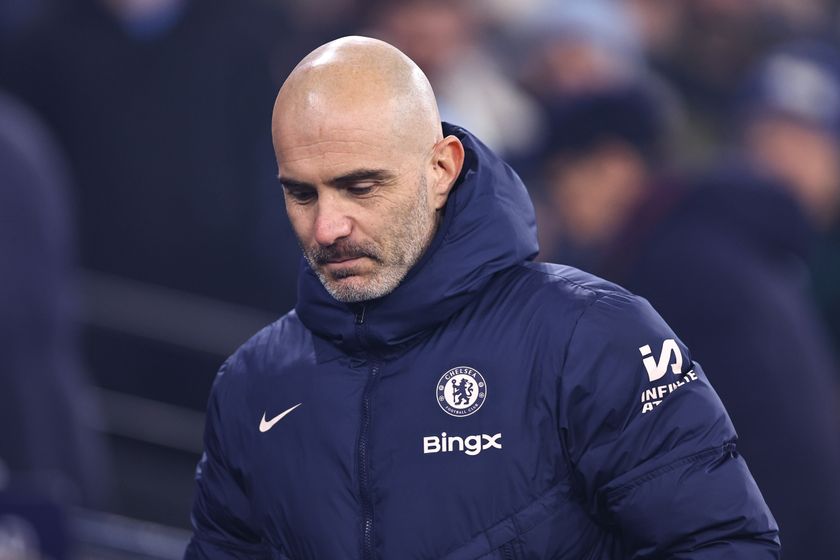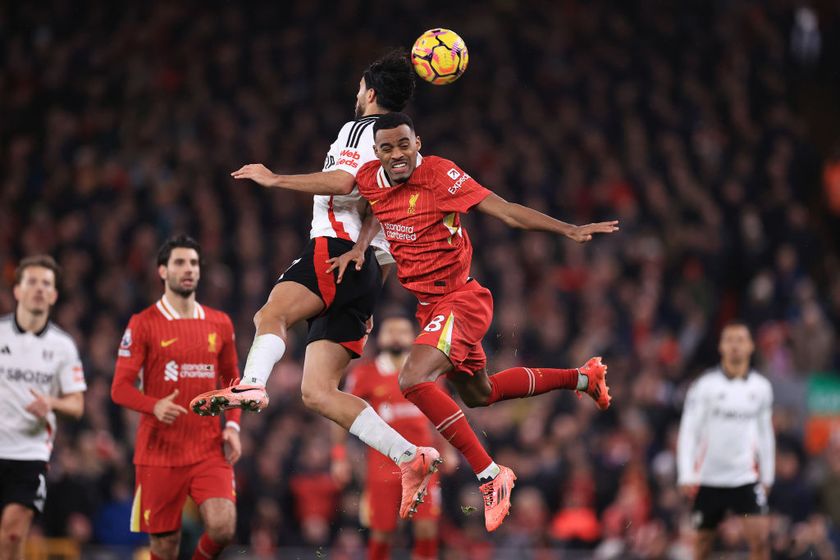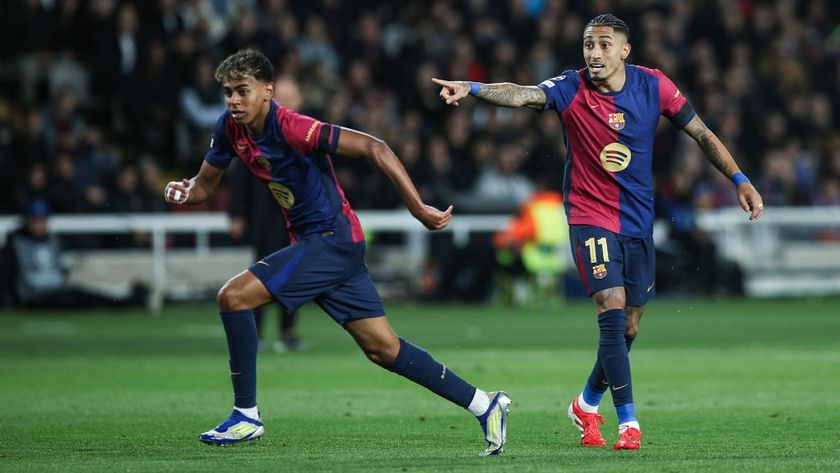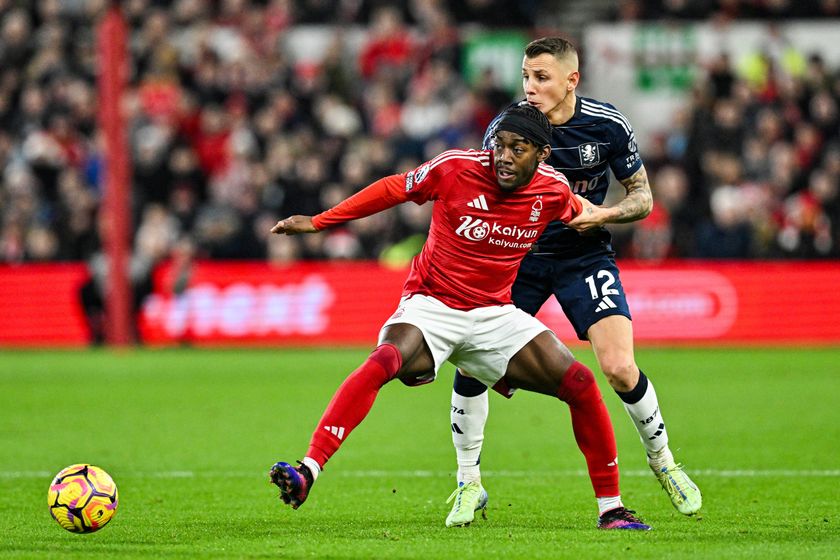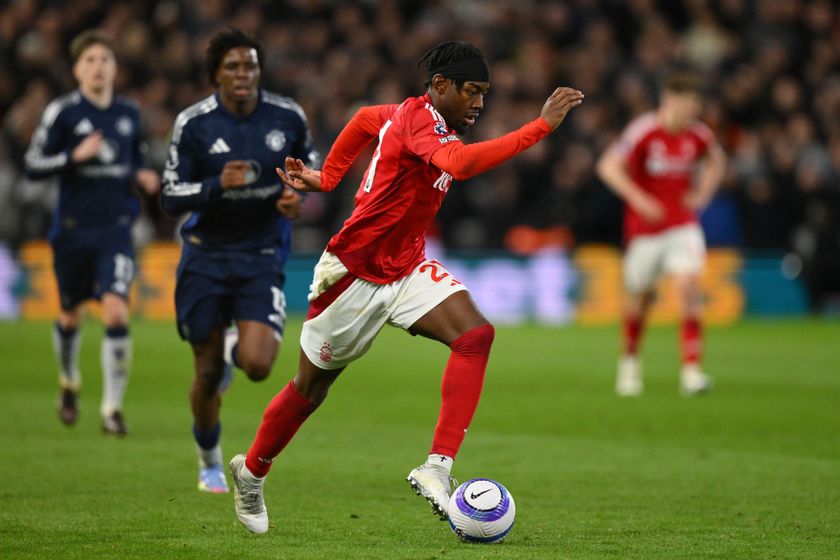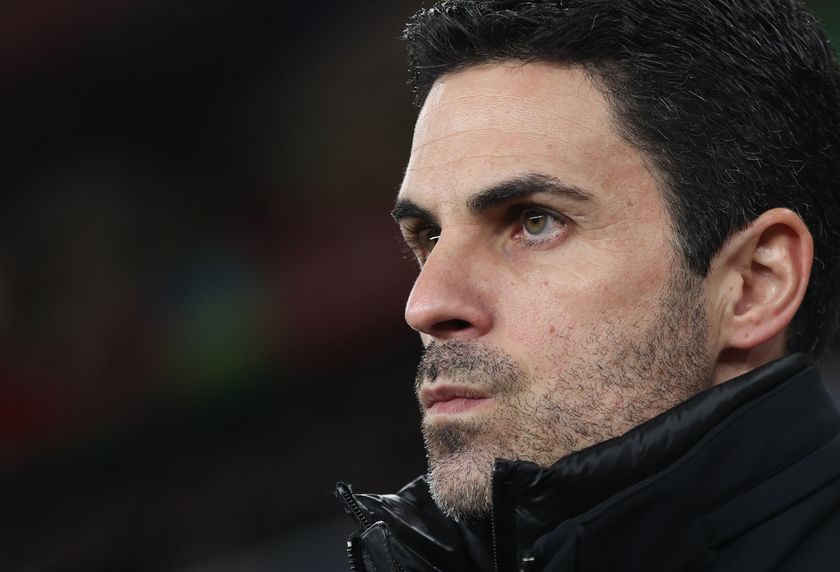Sunderland’s formula for failure: why does it always go wrong for the Black Cats?
Dodgy transfers, questionable managerial appointments and abject league performances – and the Mackems look set for further upset, writes Josh Puttock...
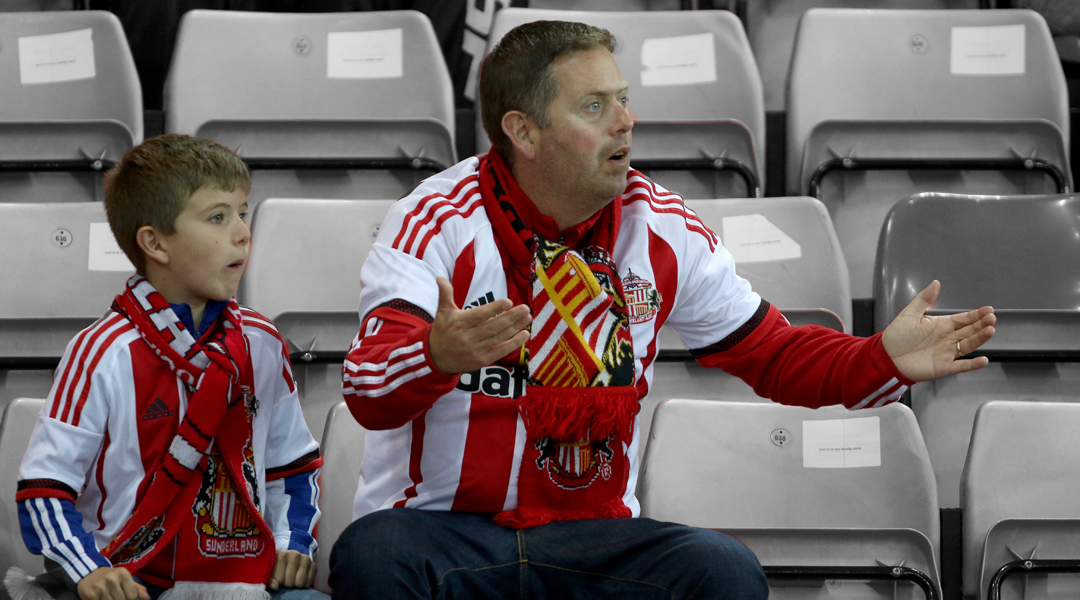
Glance back to the 1999/00 Premier League season, and a Sunderland side full of confidence. Under the guidance of manager Peter Reid, the Black Cats finish the campaign in seventh place immediately after winning the second-tier title to claim their highest league finish since 1955.
Almost 15 years on, they’ve managed nothing close but for an unsuccessful League Cup final; two relegations and many more close calls being more in line with the general mood.
One painful season of mediocrity at a time, the Wearsiders have become a side perenially struggling for consistency since promotion back to the top flight in 2007, after hitting a post-millenial nadir: that soul-destroying 15-point campaign of 2005/06. A mid-table 10th-placed finish under Steve Bruce five seasons ago hasn’t yet been bettered.
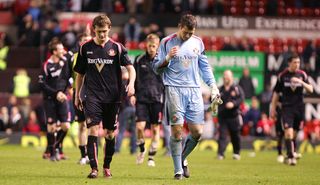
Last term saw the Mackems escape relegation after Dick Advocaat swooped in to instill necessary order among a squad lacking confidence – just like Paolo Di Canio and, to a lesser extent, Gus Poyet before him. After thinking his future through, the Dutchman penned a new one-year deal with the club.
Dick and down
This squad needs four, five or six regulars. If they cannot do that, I definitely will not stay
But Advocaat is already under pressure after a winless first three matches which have featured heavy defeats to Leicester and Norwich, and Sunderland are threatening to repeat their gloomy cycle. Start badly, grab some draws, sack manager, survive.
“There’s a heady mix of desperation, sadness, anger, doleful resignation, and deja vu,” says Paul Dobson, assistant editor of the A Love Supreme fanzine. “This season has an air of dull, stale, familiarity about it.”
Get FourFourTwo Newsletter
The best features, fun and footballing quizzes, straight to your inbox every week.
Most worryingly this time around, Advocaat appears to be playing out a passive-aggressive squabble with owner Ellis Short. “This squad needs four, five or six regulars – not quantity, but quality,” he reiterated before last weekend’s draw against Swansea. “If they cannot do that, OK, but then I definitely will not stay.”

Advocaat signed Dutch forward Jeremain Lens for £8 million over the summer, plus defenders Adam Matthews (£2m), Sebastian Coates (£2m), Younes Kaboul (£3m). The latter in particular has so far flopped dismally – his poor display against Norwich earned him heavy criticism, and subsequent dropping – and Coates hasn’t been able to live up to the hype that saw Liverpool snap him up in 2011.
“If you always do what you've always done, you'll always get what you've always had,” says a glum Dobson. “Each transfer window brings a bunch of players we've never heard of, or only have a fleeting awareness of, and within weeks it becomes apparent that they're no better than who we've had before, several of them will play no more than a couple of games, and most will be on their way within a year.
“I know it's only August, but the lack of organisation, particularly in defence, has been alarming. The experienced players – Larsson, Cattermole, O'Shea, Fletcher – have been here long enough to know that they need to have more influence on the way things are organised on the pitch, while the new ones seem to be replicas of those they replaced rather than being an improvement.”

Down the drain
Dobson’s thoughts surely echo those of most Sunderland supporters. Owner Short has quashed accusations of being unwilling to get his wallet out, but the club are clearly finding it hard to attract the names they crave: Liverpool’s Fabio Borini turned down a move to the Stadium of Light despite a reasonably successful loan spell in 2013/14. A bad start to the season isn’t helping.
But the Black Cats hardly have a reliable history when it comes to spending – as even Short attested recently. “Has the money been spent wisely?” he pondered. “No, that much is clear and ultimately that is my fault. But it is not a result of lack of ambition or commitment.”
Indeed, Sunderland have hemorrhaged close to £150m in Short’s six full seasons. Their major signings have often failed to live up to the price tags – see Asamoah Gyan, Connor Wickham, Steven Fletcher and Jozy Altidore in particular – while certain senior players have also struggled to perform to their best; Sweden international Sebastian Larsson only provided three goals and as many assists from midfield last season.
So their players haven’t been able to perform on a consistent basis, but Sunderland’s unstable environment has certainly been a factor preventing them from doing so. The Mackems have hired eight permanent managers since summer 2006, including Niall Quinn, Roy Keane, Ricky Sbragia, Di Canio and Poyet. Di Canio was a surprise appointment in 2013 despite impressing at Swindon, but it was surely inevitable that his time in charge would be plagued by off-field problems from ketchup bans to player bust-ups. His 3-0 Tyne-Wear derby win may have been welcomed – just like Poyet’s and Advocaat’s were – but after winning just two of his 12 Premier League games, owner Short sacked him after just 175 days in charge.
Half full
Sunderland once again find themselves in a similar position to previous years; short of options on the field and seemingly void of ideas off of it. They already find themselves in the bottom three despite a relatively gentle start, made worse by shirt sponsors Dafabet making them favourites for relegation.
If I was a realist, I'd say we're doomed. Thankfully I'm not so there's always hope and potential happiness
“I'm not one for writing things off so early, but it’s not looking promising,” says Paul Dobson. “If I was a realist, I'd say we're doomed. Thankfully I'm not so there's always hope and potential happiness, even if it does come by identifying three teams who will potentially finish lower than us.”
It's one way to make glasses half full on Wearside.
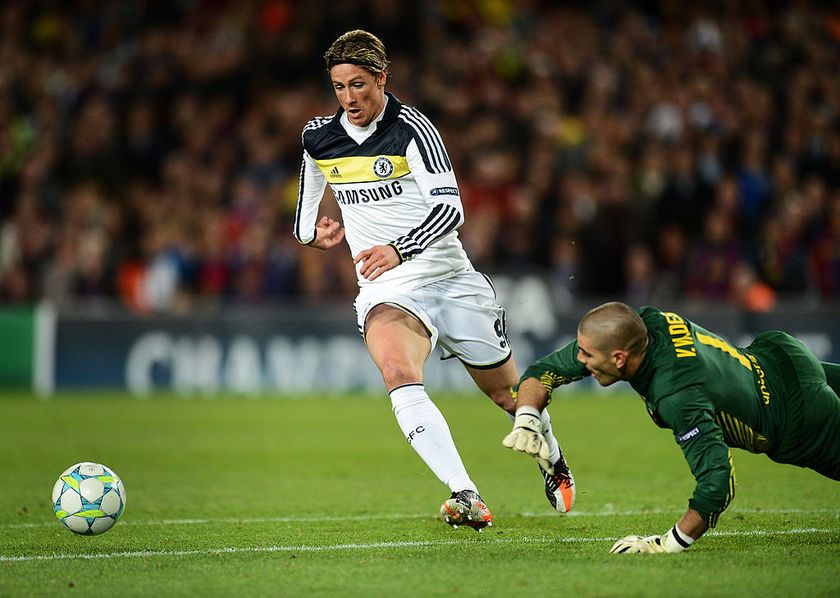
‘It was basically impossible to play against Pep’s Barcelona. When Fernando killed the game off at the end, I knew that something divine had taken place’: Ex-Chelsea boss Roberto Di Matteo recalls iconic 2012 Champions League semi-final win

‘I won’t miss Match of the Day as that’s the person I am – I’ve never missed playing football, even though I loved it. The show will be fine – I’m thrilled to be leaving it in good health’ Gary Lineker tells FFT how he’s feeling about the end of an era
